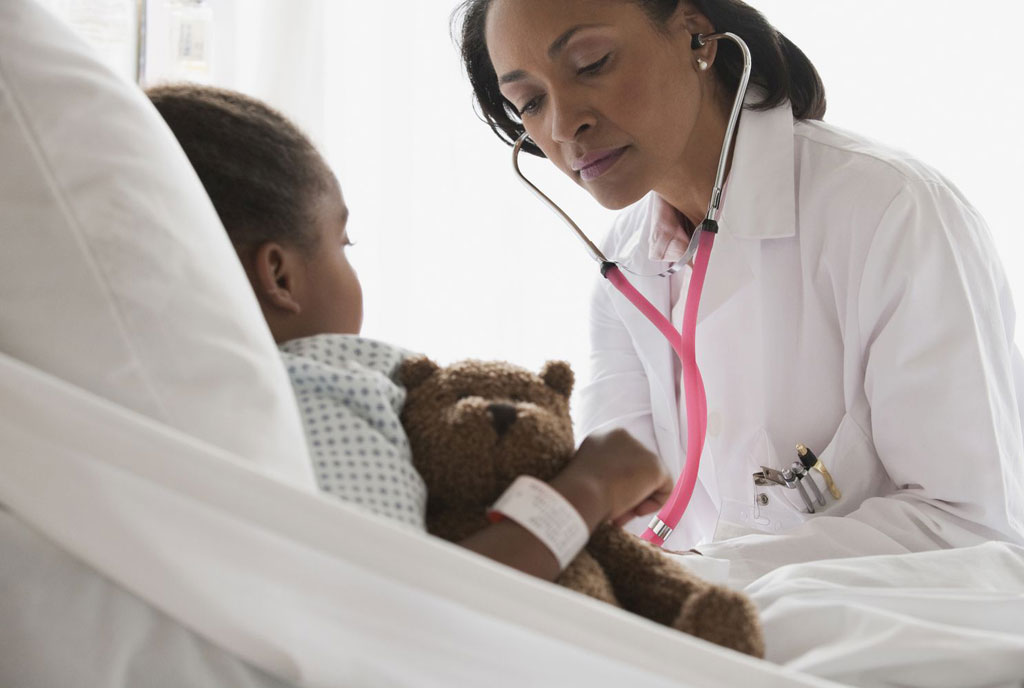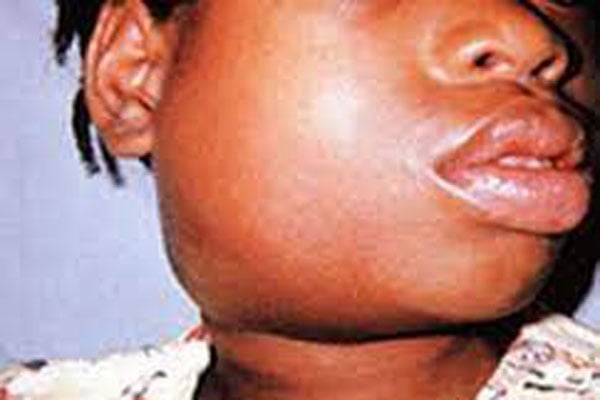Prime
Treatment for mumps focuses on easing symptoms

Seek immediate medical attention when you notice any signs of mumps. PHOTO/COURTESY
What you need to know:
- Although most symptoms are mild, serious complications can occur which is why one should consult a doctor as soon as they notice any symptoms.
Recently, several child health experts have reported a rising number of children reporting to hospitals with mumps. The most affected districts include Kampala, Wakiso, Mukono, Masaka, Kyenjojo, Lira, Soroti, Serere, Mbale, Agago, Adjumani, Gulu, Kiryadongo, Jinja, Kabarole, Busia and Mbarara.
By December last year, mumps had been reported in 20 districts and according to Dr Richard Idro, the associate professor of paediatrics and child health, Makerere University and a consultant at Mulago National Referral Hospital, the perception is that initial cases were reported in July 2022 and these later spread countrywide.
What are mumps?
Mumps is best known for puffy cheeks as well as the tender, painful jaw it causes. Mumps is a contagious illness caused by a virus and mostly affects children. The affected person may develop fever and pain in the throat as well as in the glands that produce saliva (parotid) on each side of the face near the ear. The swollen glands may be tender or painful. However, some people do not develop any signs.
According to Dr Charity Asaba, a general physician at St Catherine’s Hospital in Kampala, mumps spreads five days after the swelling starts. It is, therefore, important that you consult a qualified health worker for proper diagnosis if you or your child experiences symptoms such as swelling of one or both of the parotid glands found below the ears, headache, muscle aches or pain, tiredness, pain or tenderness around the swelling, fever of 103 F (39 C) or greater, trouble eating or drinking, confusion or disorientation, stomach pain and pain and swelling of the testicles.
Mode of transmission
Mumps is a contagious viral infection and children can stay with the virus for between one to seven days before symptoms appear. When someone has mumps, the virus is contained in one’s saliva. Therefore, coughing or sneezing can release tiny droplets with the virus into the air.
You can get the virus by breathing in tiny droplets, touching a surface where droplets have landed and then touching your face or through direct contact such as kissing or sharing a water bottle.
The virus can stay on surfaces such as doorknobs, utensils and cups, causing infection to anyone who gets in contact with respiratory droplets and saliva from an infected person.
“Since the infection is contagious, it is important an infected person stays at home until they are well enough,” he says.
Treatment, prevention
“Mumps is one of the viral illnesses against which you should develop immunity. So, if you never suffered from mumps as a child and you do not develop immunity as an adult, when you are exposed, you can develop mumps,” Dr Idro says.
He adds that there is no customised treatment for mumps. Instead, health workers will help treat its symptoms such as pain, swelling and fever. The patient should be able to recover in one or two weeks.

Mumps may present with discomfort in the salivary glands. Either of these glands may become swollen and tender. PHOTO/COURTESY
A number of countries immunise against mumps under the Measles Mumps Rubella vaccine (MMR) as a preventive measure. Unfortunately, in Uganda, mumps vaccination is not part of the routine vaccination programme although, according to Dr Asaba, some private health facilities carry out the vaccination at a fee.
Management at home
Dr Idro says when a child has mumps, they must be taken to a health worker who will prescribe paracetamol, depending on their age and weight to help manage the fever. The child must also get enough rest to aid the healing process.
At home, they should drink plenty of sweet fluids to keep them hydrated. The foods they eat should also be soft since the infection also causes difficulty chewing.
Avoid giving a child with mumps foods or liquids that are bitter because they stimulate the already inflamed salivary glands to produce more saliva, which becomes more painful. Also, soothe the swollen parotid glands with a cool compress to help reduce the swelling.
Complications
A person with a strong immunity will heal from mumps without any complications. However, those with weak immunity are likely to develop other complications, which can occur even without one suffering from swollen salivary glands.
Experts note that in rare cases, serious complications can occur from suffering from mumps. Since the infection is viral, it easily gets into the blood stream and then moves to any part of the body. Complications happen when the virus reaches other body tissues.
Dr Idro says, “Mumps may lead to meningitis (swelling of the membranes around the brain and spinal cord) or encephalitis (inflammation of the brain causing head, fever and neck stiffness). Fortunately, meningitis related to mumps rarely causes long-term problems.”
Encephalitis can also cause changes in consciousness, seizures and loss of muscle control.
Mumps may also inflame and damage the pancreas leading to pancreatitis and damage of the insulin producing cells which is a long term risk of the child developing diabetes.
“The infection can also cause inflammation of the heart muscles, the kidneys. Also, poorly managed mumps can cause hearing loss and this complication can happen suddenly or over time. Hearing usually gets better after the illness,”Dr Asaba says.
Reproduction
A mumps infection after puberty can cause orchitis (swelling of the testes) and swollen testicles may lead to a decrease in the size of the testicle and a decline in fertility.
Girls who after puberty suffer from mumps can develop swelling of the ovaries, a complication that causes pain, upset stomach, vomiting and fever. This condition, however, does not seem to affect fertility.
When a woman gets mumps during the first 12 weeks of pregnancy, it may increase the risk of a miscarriage.



